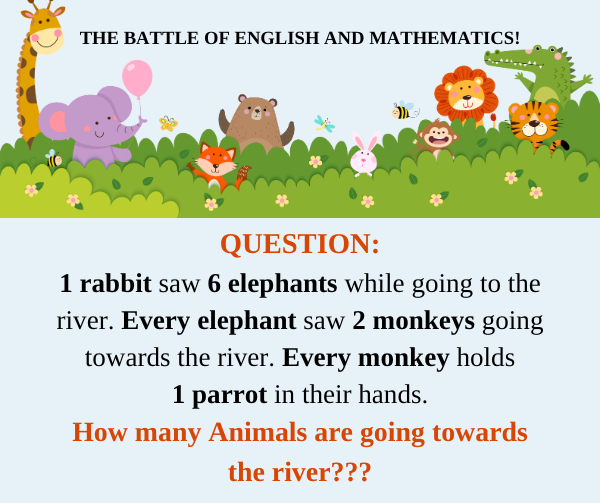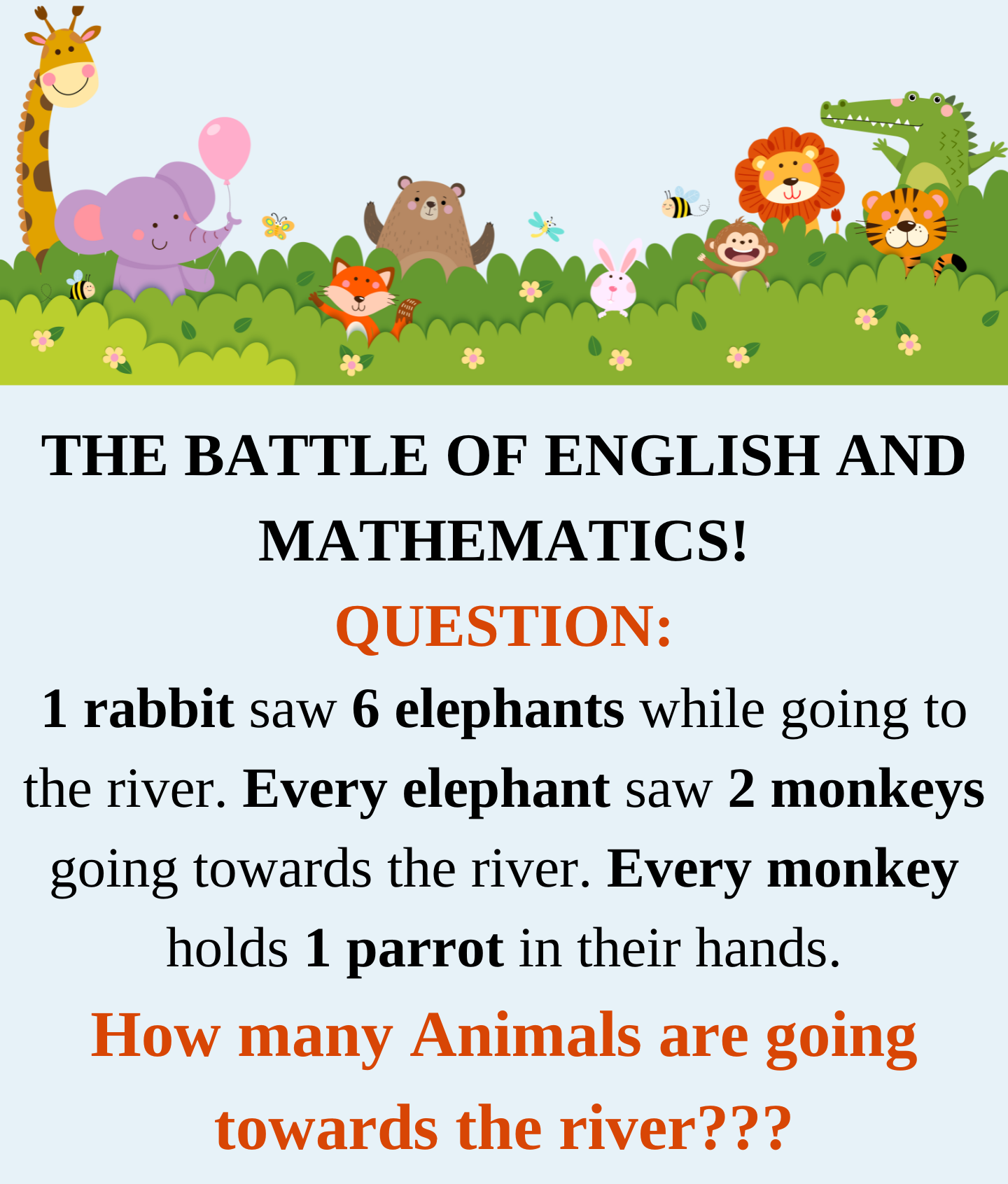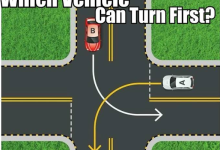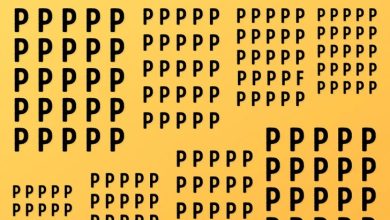Are you ready to put your problem-solving skills to the test? This seemingly simple math riddle about a rabbit, some elephants, and a group of monkeys has the internet buzzing with excitement and confusion. Can you unravel the hidden logic and arrive at the correct answer?
In this in-depth article, we’ll dive deep into the intricacies of this mind-bending puzzle and guide you through the step-by-step process of solving it. Whether you’re a math enthusiast or just enjoy a good mental challenge, you’re sure to be captivated by the unexpected twist and turns this riddle has in store
So, sharpen your pencils, clear your mind, and get ready to embark on a journey of logical reasoning that will have you questioning everything you thought you knew about simple math problems. Let’s unlock the mystery together!


The Rabbit, the Elephants, and the Monkeys
The riddle starts with a simple statement: “1 rabbit saw 6 elephants while going to the river.” Seems straightforward enough, right? One rabbit is on its way to the river, and it happens to spot six elephants along the way.
But then, the plot thickens. The riddle continues, “Every elephant saw 2 monkeys going towards the river.” Now, we have to consider the relationship between the elephants and the monkeys. This is where the hidden logic starts to reveal itself.
At first glance, it might seem that each of the six elephants saw two different monkeys, which would mean there are 12 monkeys in total heading to the river. However, the riddle doesn’t explicitly state that. It simply says, “Every elephant saw 2 monkeys going towards the river.”
This subtle wording opens up the possibility that the same two monkeys were spotted by all six elephants. In other words, there could be just two monkeys making their way to the river, and each elephant happened to see them.
The riddle concludes with one last detail: “Every monkey holds 1 parrot in their hands.” This means that for every monkey, there is one parrot. Since we’ve established that there are two monkeys, it follows that there are two parrots as well.
The Final Answer: 5 Animals
Putting it all together, the final count of animals heading to the river is:
- 1 rabbit
- 2 monkeys
- 2 parrots
That’s a total of 5 animals, which is the correct answer to the riddle.
Why This Riddle Is So Clever
The beauty of this math riddle lies in its deceptive simplicity. On the surface, it seems like a straightforward counting exercise, but the hidden nuances and logical implications make it a true brain-teaser.
The key lies in the way the riddle is worded. By using phrases like “every elephant saw 2 monkeys” and not explicitly stating that the monkeys were different, the riddle opens up the possibility of a single pair of monkeys being spotted by all the elephants.
This subtle twist is what separates a good riddle from a great one. It challenges the reader to think beyond the obvious and uncover the hidden logic that lies beneath the surface.
In the end, the rabbit, elephant, and monkey math riddle is a testament to the power of logical reasoning and the importance of not taking things at face value. By delving deeper into the puzzle, we’ve uncovered the hidden logic and arrived at the correct answer, showcasing the true potential of the human mind when it’s put to the test.
So, the next time you come across a brain-teaser that seems too good to be true, don’t be afraid to dive in and put your problem-solving skills to the test. You never know what hidden gems of knowledge and insight you might uncover along the way.
Source: unheardfacts







